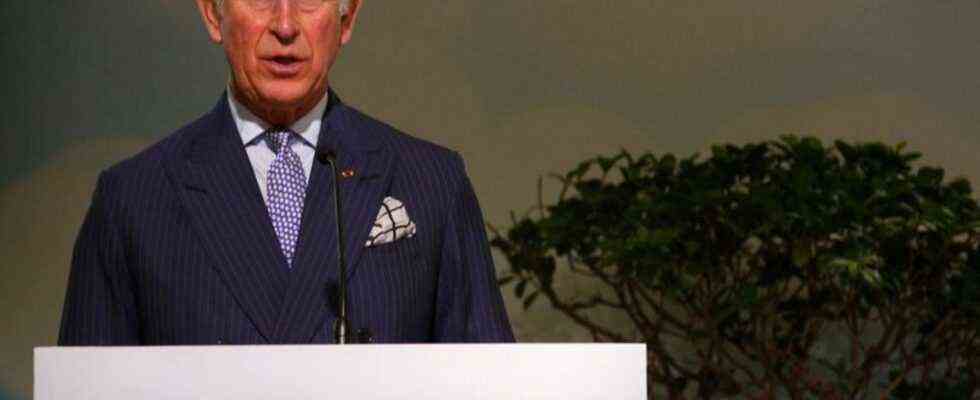British royals
Prince Charles understands “desperate” climate protesters
The British Prince Charles giving a speech at the UN climate conference COP21 in Le Bourget 2015. Photo: Christophe Ena / AP / dpa
© dpa-infocom GmbH
The British heir to the throne, Prince Charles, has been committed to protecting the environment and the climate for years. He advocates constructive forms of protest.
Prince Charles has shown understanding for climate protesters – but criticized extreme forms of protest. “I understand the frustration completely,” said the eldest son of Queen Elizabeth II in an interview published on Monday with the BBC.
It is important to understand “how desperate” many young people in particular are when they protest. “But I don’t think it’s helpful to do this in a way that alienates people,” said the British heir to the throne. Road blockades are “not helpful”. “The difficulty is in directing that frustration in a way that is constructive rather than destructive,” said Charles.
Most recently, climate activists had repeatedly blocked the M25 London motorway and important roads and bridges in the British capital. Some demonstrators got stuck on the street. There were long traffic jams and arguments with road users. The government obtained injunctions and sharply criticized the demonstrators from the Insulate Britain groups, who are calling for comprehensive thermal insulation of houses, as well as Extinction Rebellion.
Less than three weeks before the start of the UN climate change conference COP26, Charles urged the heads of state and government not to just talk at their meeting in Glasgow, Scotland. “The problem is to take measures on site,” said the committed climate activist. Charles wants to attend the conference with his wife, Duchess Camilla. The Queen, his eldest son Prince William and his wife Duchess Kate have also announced their visit.
Charles said he has tried to reduce his environmental footprint himself. “I don’t eat meat or fish two days a week and I don’t eat dairy products one day a week,” he said. “If more people did this, it would take a lot of pressure (from the environment).”

